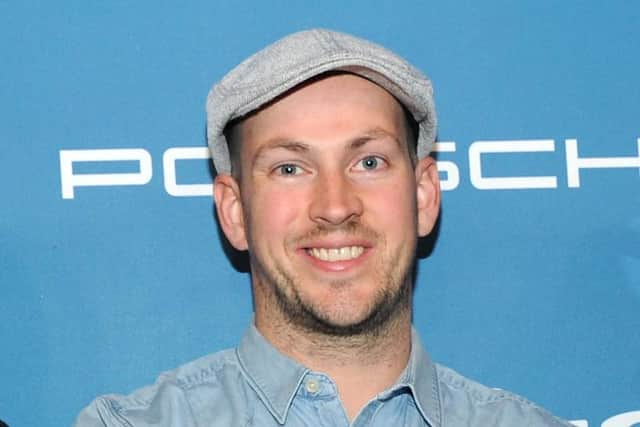James Watt: CEO of Brewdog James Watt accused of inappropriate behaviour in BBC Disclosure programme
Ex-Brewdog workers have spoken out about CEO James Watt’s behaviour in a recent BBC Disclosure programme.
On Monday night, Mr Watt said he will take ‘legal action’ against the BBC for ‘totally false’ claims in the programme.
Advertisement
Hide AdAdvertisement
Hide AdBrewdog – which has its headquarters in Ellon in the north east of Scotland – employs more than 2,000 people worldwide.
The Truth about Brewdog which aired on Monday night features interviews with 12 former Brewdog USA staff who alleged inappropriate behaviour and abuse of power by Mr Watt.
The programme comes after almost 300 former and current Brewdog employees signed a letter last year, accusing Mr Watt of ruling over ‘a toxic culture of fear’.
Staff said they witnessed Mr Watt kissing an intoxicated customer on a roof terrace bar while others told how female bartenders were advised how to avoid unwanted attention from the CEO.
Other claims include managers scheduling certain female staff to be off to avoid Mr Watt's visits.


Katelynn Ising, who worked in DogTap, Brewdog's flagship bar and brewery in Ohio, said: "We would make a point to warn new girls - like, ‘Just, kind of, leave after your shift, don't really hang around [and] don't always do your hair and makeup that day, like don't catch his attention.’”
It is also claimed the CEO took women on late night private brewery tours, leaving staff feeling uncomfortable.
Former duty manager Jackie English said Mr Watt’s tours made her feel "uncomfortable” and Mr Watt abused his power.
Advertisement
Hide AdAdvertisement
Hide AdMr Watt's lawyer has denied these allegations,telling the BBC: "It is not true to say that those who accompany him [on the tours] are intoxicated.
"The claim that he did, was made by an employee in June 2021.
"It was fully investigated - the claims were not substantiated - no further action was warranted by Brewdog USA HR."
James Watt tweeted: “The BBC published claims which are totally false and they published them despite the extensive evidence we provided to demonstrate that they were false.
“Reluctantly, I am now forced to take legal action against the BBC to protect my reputation.”
